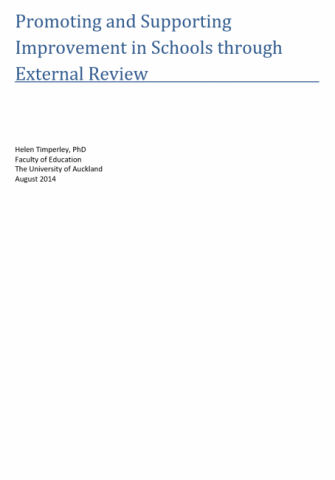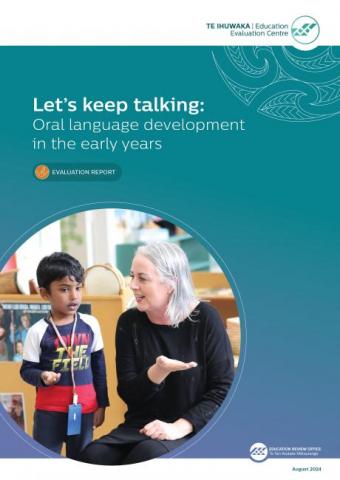A Guide for School Leaders Considering Cohort Entry
Published: 31 May 2022
Traditionally, children in Aotearoa start school on their firth birthday or any school day after that. Recent changes to the Education Act mean schools can now adopt cohort entry: enrolling children in groups on specific days across the year. Schools are choosing cohort entry to support positive transitions, wellbeing, and learning.
- Audience:
- Education
- Schools
- Content type:
- Research















